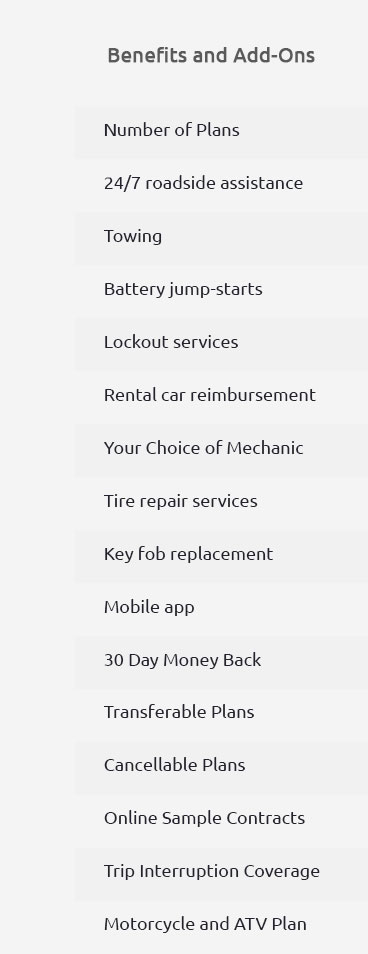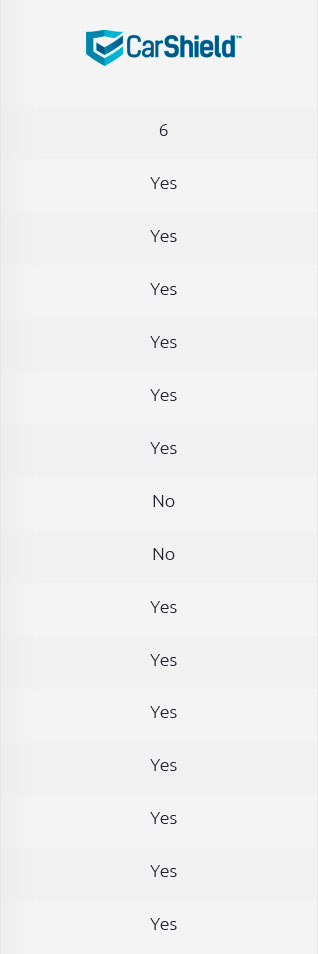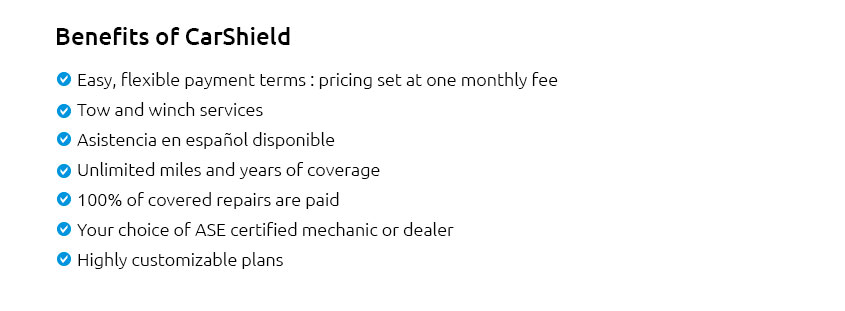 |
 |
 |
 |
 |
|||
 |
|||
 |
 |
 |
|
 |
|||
 |
|
 |
|
 |
|
 |
|
 |
|
 |
|
 |
|
 |
|

Extended Warranty Coverage Guide: Understanding Vehicle ProtectionExploring the world of extended warranties can often feel overwhelming, especially for U.S. consumers looking to protect their vehicle investments. An extended warranty provides peace of mind, offering a safety net against unexpected repair costs. But what exactly does it cover, and is it worth it? Let's dive into the details. What is an Extended Warranty?An extended warranty, often referred to as a vehicle service contract, is a plan that covers certain repairs and services after the original manufacturer's warranty expires. It's a popular choice for those in the U.S. seeking to extend the life of their vehicles without bearing hefty repair bills. Key Benefits
What's Covered?Coverage varies by plan, but most extended warranties cover major components such as:
For instance, if you're considering a toyota extended warranty plan, these typically include comprehensive coverage options tailored to Toyota vehicles. Making the Right ChoiceWhen evaluating extended warranties, it's crucial to compare costs and benefits. Consider the age and mileage of your vehicle, and whether specific plans offer coverage for commonly repaired parts. Consult reviews and speak with dealers or warranty providers. For those in California, for example, understanding local laws and regulations about extended warranties can further guide decision-making. Similarly, Florida residents should be aware of state-specific warranty rules that might impact their choice. Where to BuyExtended warranties can be purchased from car dealerships, manufacturers, or third-party providers. Research is key; look for reputable companies with positive reviews. Online resources, like extended warranty car insurance, can provide valuable insights and comparisons. FAQsWhat is typically not covered by an extended warranty?Wear-and-tear items like brake pads and tires are usually not covered. Additionally, routine maintenance is not included. Can I transfer my extended warranty if I sell my car?Yes, many extended warranties are transferable, which can enhance your car's resale value. Check the terms of your specific plan. How do I know if an extended warranty is right for me?Consider the age, make, and model of your vehicle, as well as your driving habits. If your car's repair history suggests potential future issues, an extended warranty might be a smart investment. In conclusion, an extended warranty can be a valuable addition to your vehicle ownership experience, offering financial protection and peace of mind. By understanding your options and evaluating your personal needs, you can make an informed decision that best suits your lifestyle and budget. https://www.progressive.com/answers/extended-warranties-for-cars/
Vehicle protection plans through a car insurer or third party may provide more comprehensive, pay-as-you-go coverage for newer cars than a warranty. Vehicle ... https://carshield.com/auto-warranty/
What About an Extended Auto Warranty? Car warranty companies make a lot of money from the sale of their extended warranty products. One simple reason for ... https://www.consumerreports.org/cars/car-repair/get-an-extended-warranty-for-your-car-a1570471227/
Extended warranties are a tempting option for consumers who buy a used car or for those who want to extend the bumper-to-bumper coverage on a new car.
|